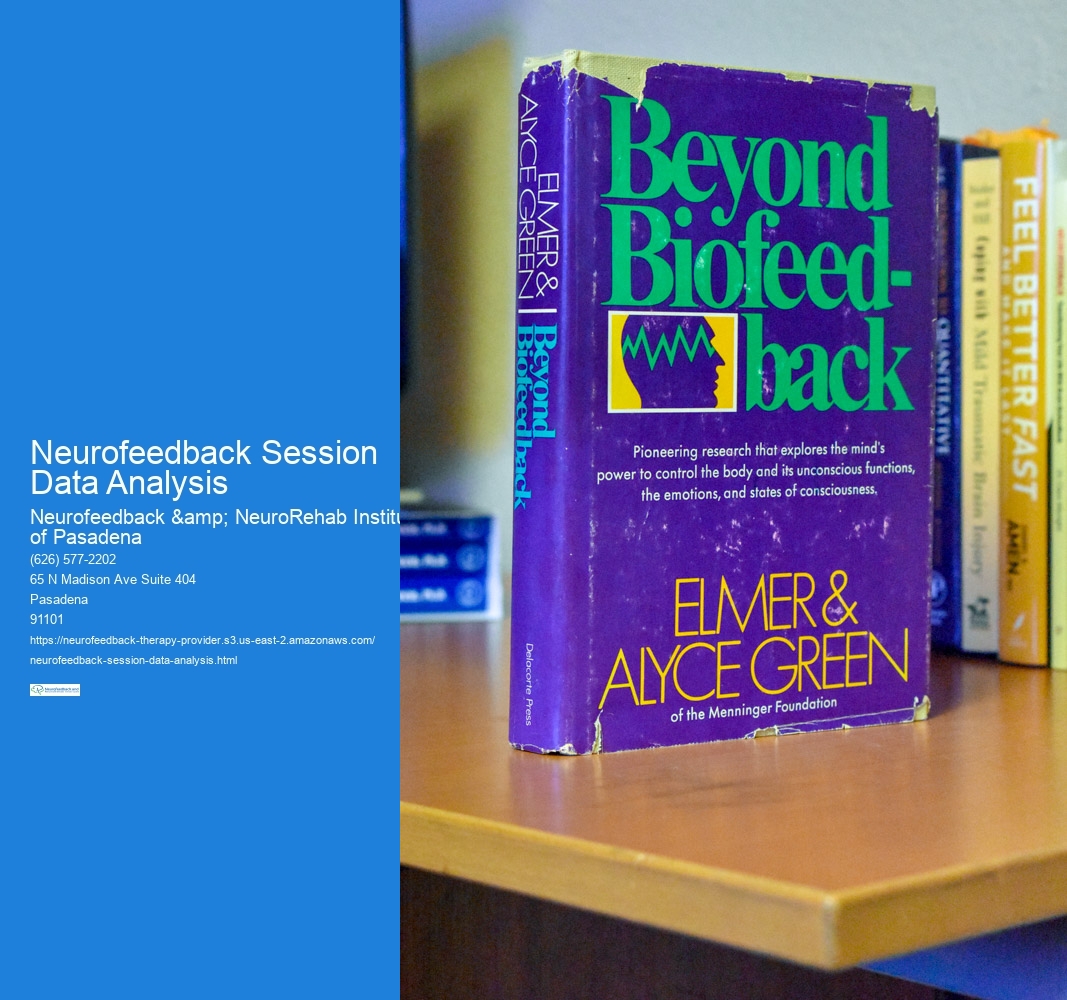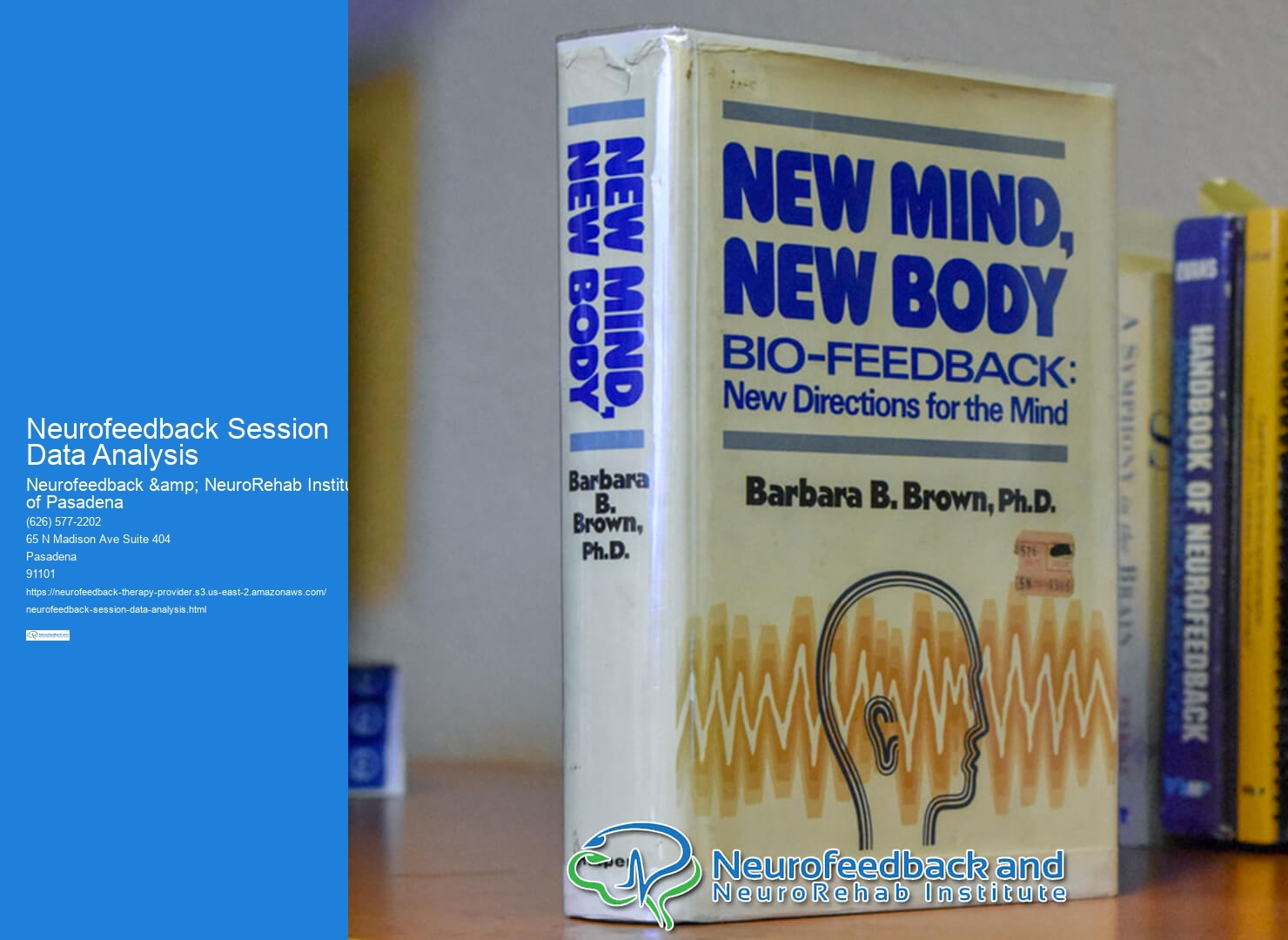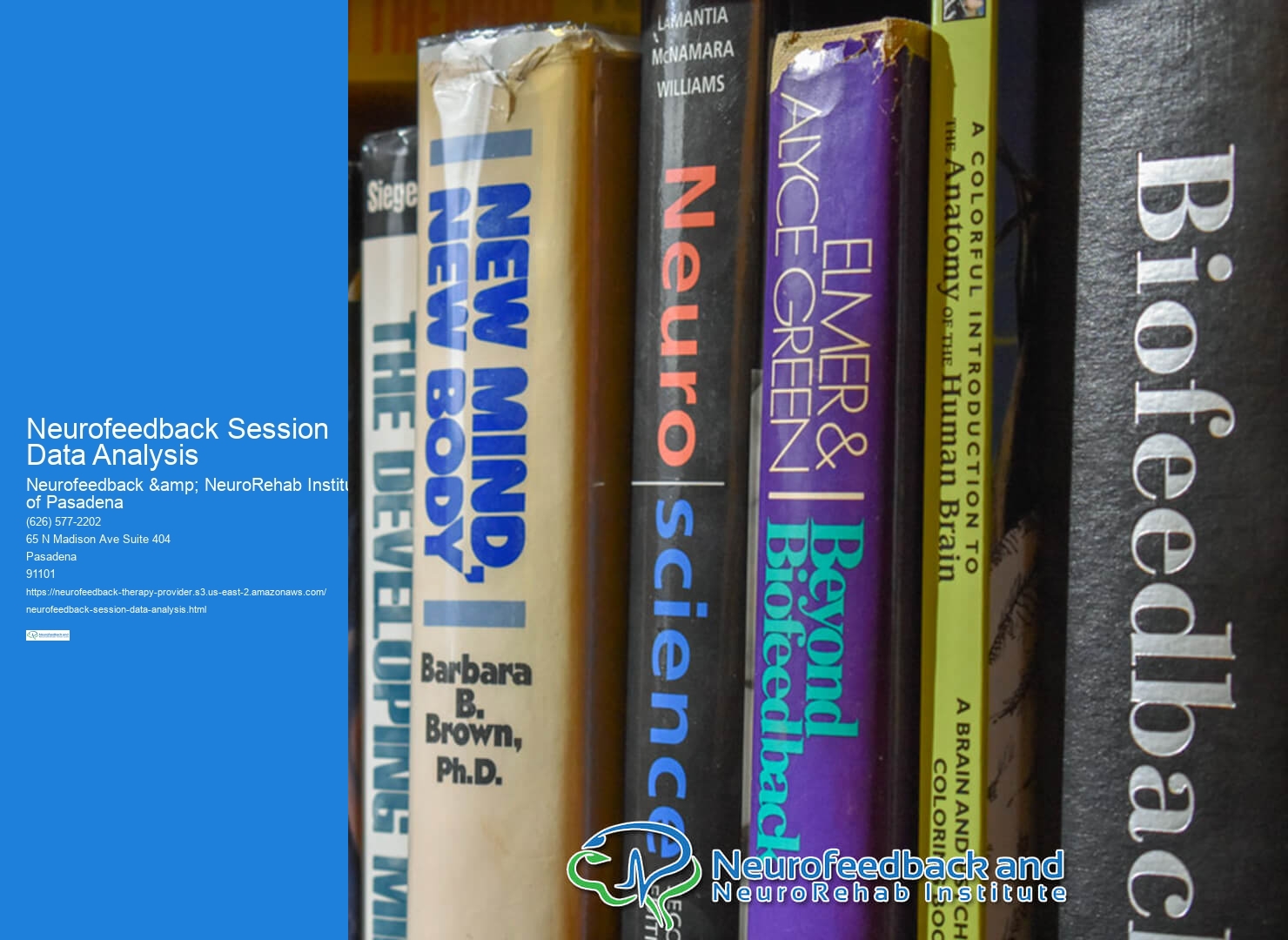

Neurofeedback training has been shown to impact specific brainwave frequencies associated with anxiety and stress. Neurotherapy Practitioner By targeting and modulating the activity of brainwave frequencies such as beta and alpha waves, neurofeedback aims to promote a more balanced and regulated brainwave pattern. This can lead to reduced anxiety and stress levels as well as improved emotional regulation. Additionally, neurofeedback training may help individuals develop greater self-awareness and self-regulation, leading to a more resilient response to stressors.
The potential effects of neurofeedback on improving attention and focus in individuals with ADHD are promising. Neurofeedback aims to train the brain to regulate and optimize specific brainwave patterns, such as increasing beta wave activity in the prefrontal cortex associated with attention and focus. Neurofeedback Center By providing real-time feedback and reinforcement, neurofeedback sessions can help individuals with ADHD learn to self-regulate their attention and focus, leading to improved cognitive performance and behavioral control.
Neurofeedback sessions have the potential to help regulate and improve sleep patterns in individuals with insomnia or sleep disorders. EEG Biofeedback Center By targeting brainwave frequencies associated with sleep, such as theta and delta waves, neurofeedback aims to promote relaxation and facilitate the transition into restful sleep. Through repeated sessions, individuals may experience improved sleep quality, reduced sleep latency, and an overall more regulated sleep-wake cycle.

The relationship between neurofeedback training and the reduction of symptoms in individuals with depression and mood disorders is an area of ongoing research. Neurofeedback aims to modulate brainwave patterns associated with mood regulation, such as increasing alpha wave activity in the frontal regions of the brain. Biofeedback Therapist By promoting a more balanced and regulated brainwave pattern, neurofeedback may contribute to improved emotional stability and mood regulation in individuals with depression and mood disorders.
Neurofeedback therapy targets and aims to improve cognitive function in individuals with traumatic brain injuries or cognitive impairments. By focusing on brainwave frequencies associated with cognitive processing, such as beta and gamma waves, neurofeedback aims to enhance cognitive abilities such as attention, memory, and executive function. Through targeted training, individuals may experience improvements in cognitive performance and overall cognitive function.

The potential benefits of neurofeedback in managing chronic pain and reducing pain perception in individuals with chronic pain conditions are being explored. Neurofeedback aims to modulate brainwave patterns associated with pain perception and processing, such as alpha and theta waves. EEG Neurofeedback Center By providing real-time feedback and reinforcement, neurofeedback sessions may help individuals learn to self-regulate their pain perception, leading to reduced pain intensity and improved pain management.
A typical LORETA Z-Score Neurofeedback session usually lasts around 45 to 60 minutes. The duration may vary depending on the specific protocol and individual client needs. During the session, the neurofeedback practitioner will monitor and analyze the brainwave activity using advanced neuroimaging technology to provide real-time feedback to the client. The session involves the application of specific neurofeedback protocols tailored to the client's unique brainwave patterns, aiming to optimize brain function and promote overall well-being. The practitioner may also incorporate additional techniques such as relaxation exercises or cognitive training to enhance the effectiveness of the session. Overall, the duration of the session is designed to ensure comprehensive and personalized neurofeedback training for the client.
Neurofeedback training has gained attention as a potential tool for enhancing peak athletic performance. By utilizing advanced brainwave monitoring and feedback techniques, athletes can optimize their cognitive and emotional states to achieve superior focus, concentration, and stress management. This specialized form of training involves real-time monitoring of brain activity, allowing athletes to learn how to regulate their mental states for improved performance. Through neurofeedback, athletes can develop greater self-awareness, mental resilience, and the ability to enter "flow states" more consistently, leading to enhanced athletic prowess. This innovative approach aligns with the growing interest in holistic performance enhancement methods that address the interconnectedness of mind and body in athletic achievement.
Yes, neurofeedback can be conducted remotely or online through the use of specialized equipment and software. This approach allows individuals to receive neurofeedback training from the comfort of their own homes, eliminating the need for in-person sessions. Remote neurofeedback sessions typically involve the use of EEG (electroencephalogram) equipment to monitor brainwave activity, along with software that provides real-time feedback and guidance to the individual undergoing training. This method enables practitioners to remotely assess and train brain function, offering a convenient and accessible option for those seeking neurofeedback therapy.
Neurofeedback has shown promise as a potential intervention for individuals with traumatic brain injuries (TBIs). Research suggests that neurofeedback training may help improve cognitive function, attention, and emotional regulation in TBI patients. By utilizing real-time monitoring of brain activity and providing feedback to the individual, neurofeedback aims to promote self-regulation and enhance neural plasticity. This non-invasive approach targets specific brain regions and neural networks, offering personalized and adaptive training to address the unique needs of TBI survivors. Furthermore, neurofeedback may complement traditional rehabilitation strategies by targeting underlying neurophysiological dysregulation associated with TBIs. However, it's essential for individuals with TBIs to consult with healthcare professionals experienced in neurofeedback to determine the suitability and potential benefits of this intervention in their specific case.
Neurofeedback has shown promise in enhancing emotional regulation in children by targeting specific brainwave patterns associated with emotional processing and regulation. By providing real-time feedback on brain activity, neurofeedback training can help children learn to self-regulate their emotions more effectively. This non-invasive technique utilizes operant conditioning principles to encourage the brain to produce more desirable patterns of neural activity, leading to improved emotional control and resilience. Research suggests that neurofeedback may be particularly beneficial for children with conditions such as ADHD, anxiety, and autism spectrum disorders, as it can help them develop greater self-awareness and self-regulation skills. Additionally, neurofeedback has been found to have a positive impact on related areas such as attention, behavior, and cognitive functioning, contributing to overall emotional well-being in children.